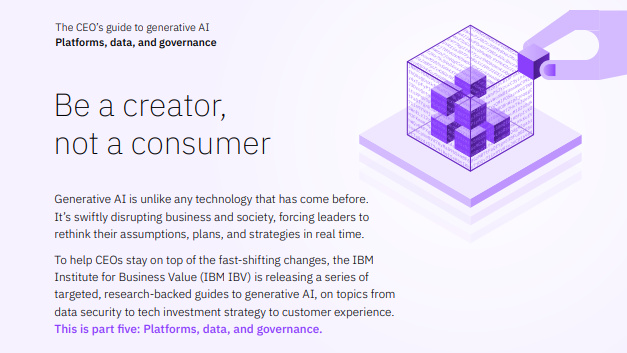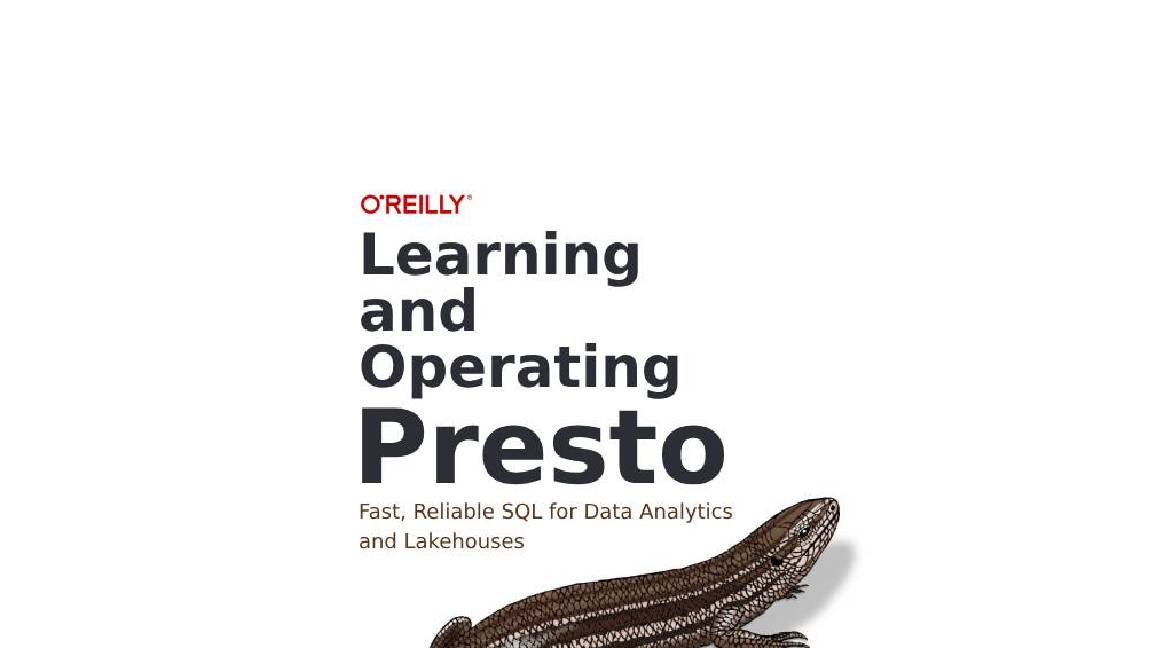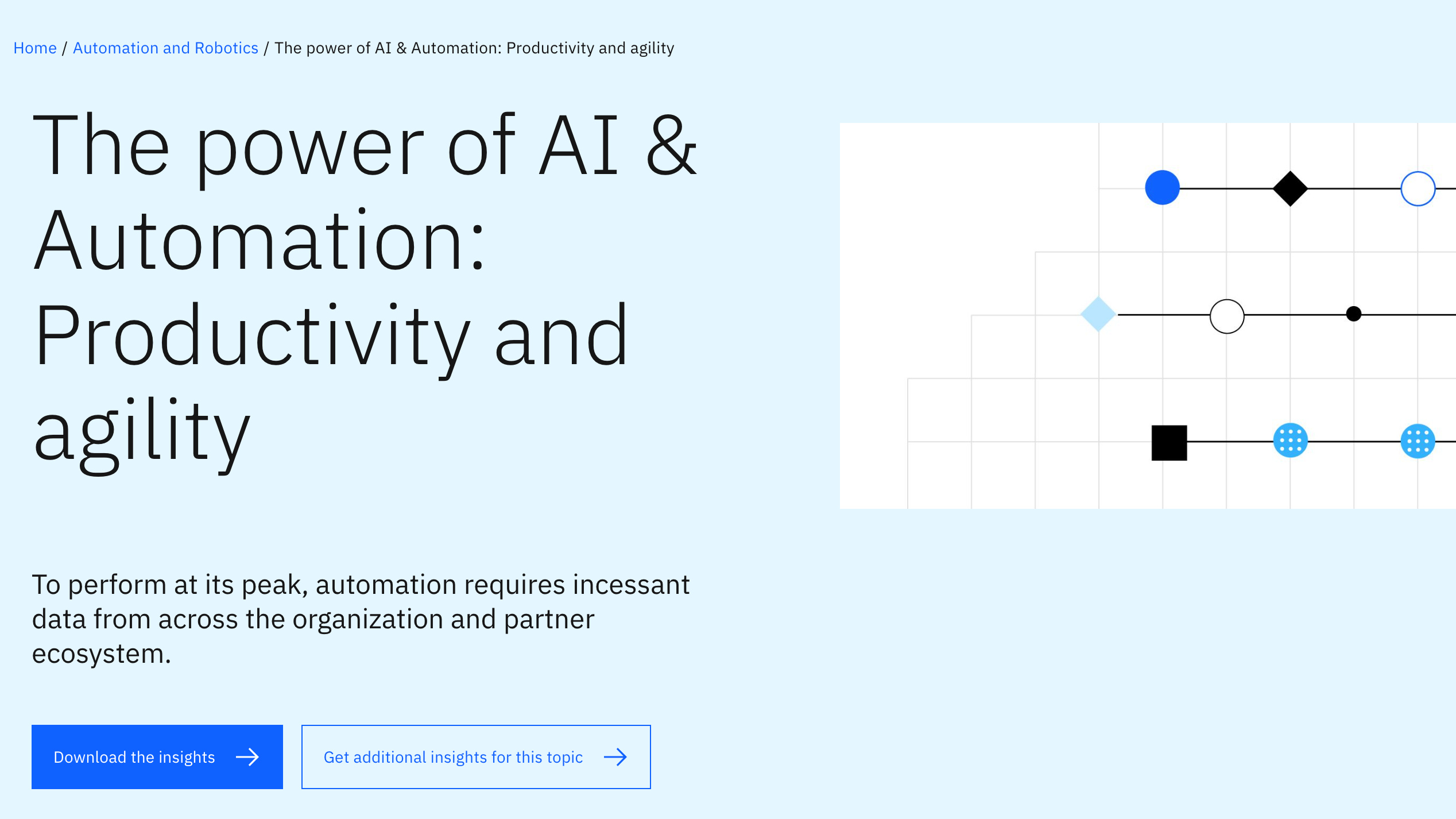Gartner: Data analytics teams failing to deliver benefits despite rising budgets
Human-related challenges, such as lack of talent, were highlighted as key impediments to data strategy success


Less than half of data and analytics (D&A) leaders believe their team is effectively delivering value to their organisation.
A survey of more than 500 D&A leaders globally found that just 44% reported their teams are unlocking tangible long-term benefits for their firms despite rising budgets and growing expertise.
D&A budgets have risen steadily as organisations seek to deliver greater value from data, streamline operations, and enhance operational agility. The mean D&A budget now stands at $5.41 million (£4.4 million), the research from Gartner found, while 44% of D&A teams also increased in size over the last year.
However, while rising budgets reflect increasing confidence in the data function, this is placing additional pressure to deliver impactful results, resulting in a negative impact on both teams and leaders, said Donna Medeiros, senior director analyst at Gartner.
“The demands being placed upon D&A, as well as increased investment, reflect a growing confidence in CDAO’s abilities and recognition of the data office as an indispensable business function,” she said.
“However, this leads to more work as pressure grows for D&A to achieve tangible business results.”
Gartner’s study found that D&A functions are receiving increased investment across a range of areas. Nearly two-thirds (65%) of leaders reported increased investment in data management while 63% and 60% reported investment in data governance and advanced analytics capabilities respectively.
Get the ITPro daily newsletter
Sign up today and you will receive a free copy of our Future Focus 2025 report - the leading guidance on AI, cybersecurity and other IT challenges as per 700+ senior executives
Growing responsibilities present challenges
Chief data and analytics officers (CDAOs) now find themselves tasked with an expanding range of responsibilities within their organisation, Gartner found.
60% said they are now responsible for defining and implementing data strategies, with 59% also taking responsibility for oversight of said strategies.
Management of data-driven culture change was also a key responsibility highlighted by 54% of respondents.
This widening array of responsibilities means that some CDAOs are struggling to meet increasingly complex leadership demands, however.
Leaders that committed time to their own professional development were found to be far more effective than those who did not, highlighting the critical need for continual learning and evolution to accommodate the changing demands of the role.
RELATED RESOURCE

Innovation to boost productivity and provide better data insights
Dell Technologies continuously modern storage
Nearly half (43%) of “top-performing” D&A leaders reported increased effectiveness in both their own ability and the broader team by committing time to professional development, compared with just 19% of “low performers”.
“Successful CDAOs must be elite leaders,” said Alan Duncan, distinguished VP analyst at Gartner. “Top-performing CDAOs invest in their success by developing skills to thrive in ambiguous circumstances, articulate compelling value stories and identify D&A products, and services that can drive business impact.”
Human-related challenges to success
Difficulty meeting the complexity of demands placed on D&A teams is being exacerbated by an acute shortage of talent, Gartner noted.
More than one-third (39%) said that a lack of available talent had become a major impediment to success in the data function.
In fact, the top six key roadblocks for D&A leaders were all human-related challenges, including poor data literacy across the broader organisation and culture change acceptance.

Ross Kelly is ITPro's News & Analysis Editor, responsible for leading the brand's news output and in-depth reporting on the latest stories from across the business technology landscape. Ross was previously a Staff Writer, during which time he developed a keen interest in cyber security, business leadership, and emerging technologies.
He graduated from Edinburgh Napier University in 2016 with a BA (Hons) in Journalism, and joined ITPro in 2022 after four years working in technology conference research.
For news pitches, you can contact Ross at ross.kelly@futurenet.com, or on Twitter and LinkedIn.
-
 Bigger salaries, more burnout: Is the CISO role in crisis?
Bigger salaries, more burnout: Is the CISO role in crisis?In-depth CISOs are more stressed than ever before – but why is this and what can be done?
By Kate O'Flaherty Published
-
 Cheap cyber crime kits can be bought on the dark web for less than $25
Cheap cyber crime kits can be bought on the dark web for less than $25News Research from NordVPN shows phishing kits are now widely available on the dark web and via messaging apps like Telegram, and are often selling for less than $25.
By Emma Woollacott Published
-
 Empowering enterprises with AI: Entering the era of choice
Empowering enterprises with AI: Entering the era of choicewhitepaper How High Performance Computing (HPC) is making great ideas greater, bringing out their boundless potential, and driving innovation forward
By ITPro Last updated
-
 IDC MarketScape: Worldwide supply chain Oracle ecosystem services vendor assessment
IDC MarketScape: Worldwide supply chain Oracle ecosystem services vendor assessmentWhitepaper In-depth assessment of IT consulting providers supporting supply chain management processes
By ITPro Published
-
 The CEO's guide to generative AI: Be a creator, not a consumer
The CEO's guide to generative AI: Be a creator, not a consumerWhitepaper Innovate your business model with modern IT architecture, and the principles of trustworthy AI
By ITPro Published
-
 Learning and operating Presto
Learning and operating Prestowhitepaper Meet your team’s warehouse and lakehouse infrastructure needs
By ITPro Published
-
 Scale AI workloads: An open data lakehouse approach
Scale AI workloads: An open data lakehouse approachwhitepaper Combine the advantages of data warehouses and data lakes within a new managed cloud service
By ITPro Published
-
 Managing data for AI and analytics at scale with an Open Data Lakehouse approach
Managing data for AI and analytics at scale with an Open Data Lakehouse approachwhitepaper Discover a fit-for-purpose data store to scale AI workloads
By ITPro Published
-
 The power of AI & automation: Productivity and agility
The power of AI & automation: Productivity and agilitywhitepaper To perform at its peak, automation requires incessant data from across the organization and partner ecosystem
By ITPro Published
-
 A guide to help you choose the UPS battery backup for your needs
A guide to help you choose the UPS battery backup for your needsWhitepaper Download this guide and stay connected with a UPS that's free of interruption or disturbance
By ITPro Published